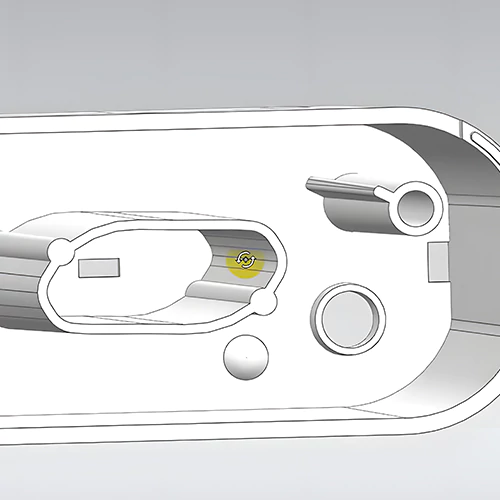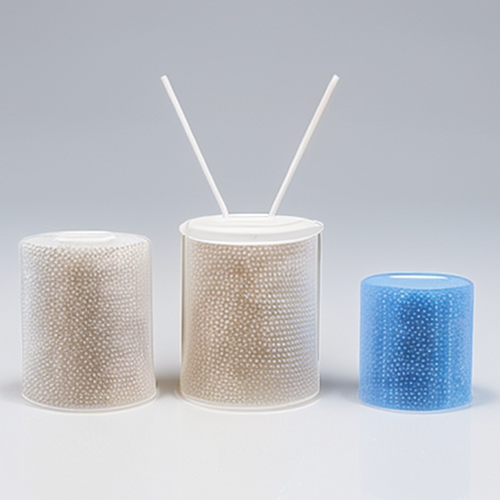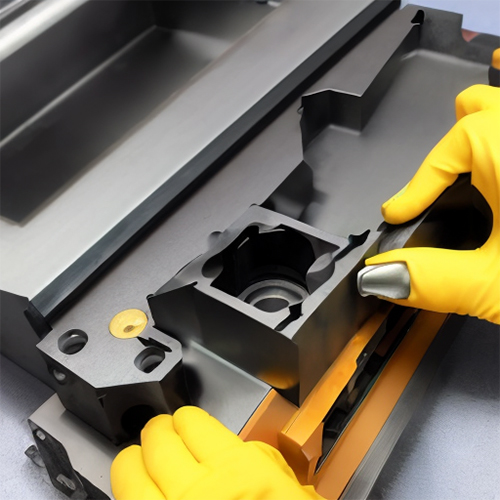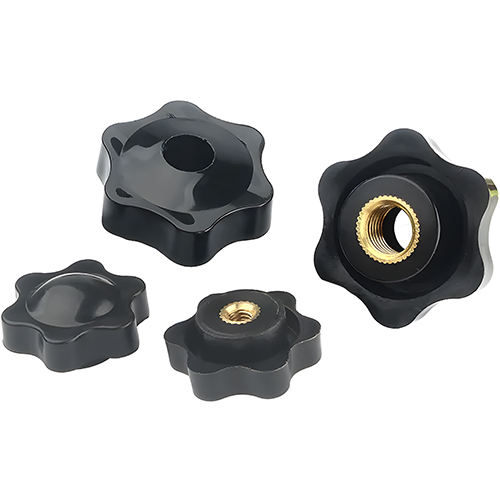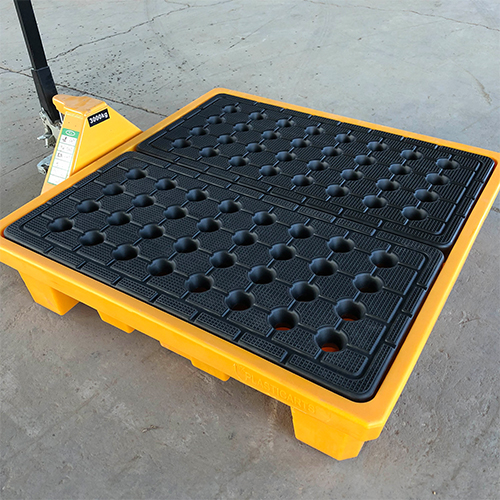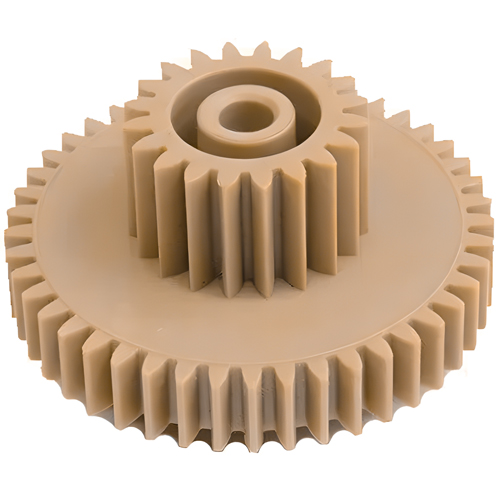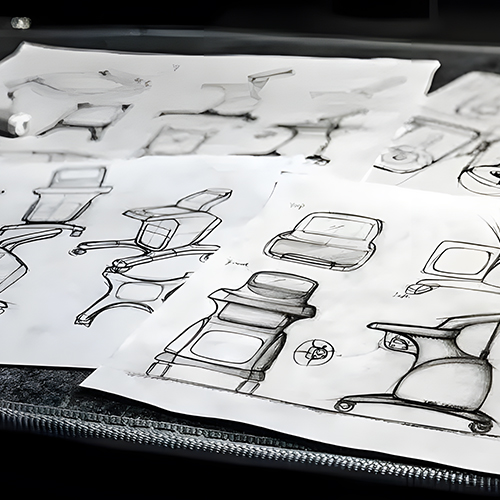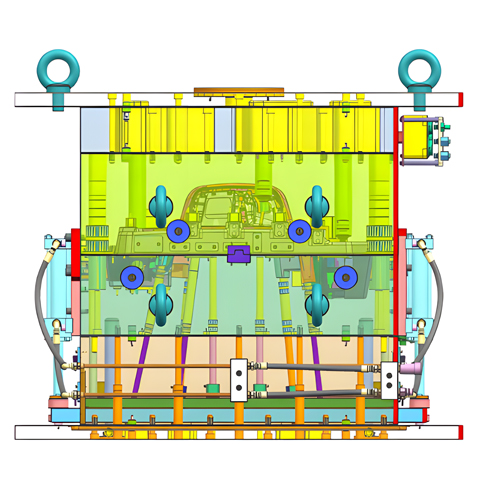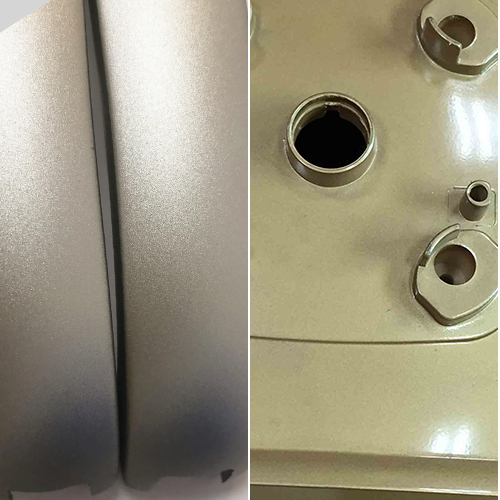Manufacturing is one of the world’s largest industries in today’s automated world. Manufacturing is found worldwide, from the United States to Indonesia, France, Germany, and many other countries. As a result, our daily needs, such as vehicles, medicines, clothing, and much more, continue to be met in various parts of the world each year by these large-scale industries. In 2018, China alone accounted for 28% of global manufacturing output. And these figures continue to rise year after year.
What, however, boosts the productivity, quantity, and quality of these products and their use? It is the type of machine used by manufacturing companies. And, as technology advances, manufacturing machinery advances and improves.
So, which is superior? To stick with standard CNC machining solutions or pursue a more advanced approach, such as mecanizado de precisión? Is there a distinction, or do they meet the exact manufacturing specifications? If you’re looking to invest in manufacturing services, this is the post where you can tell the difference between general CNC machining and precision CNC machining service providers.
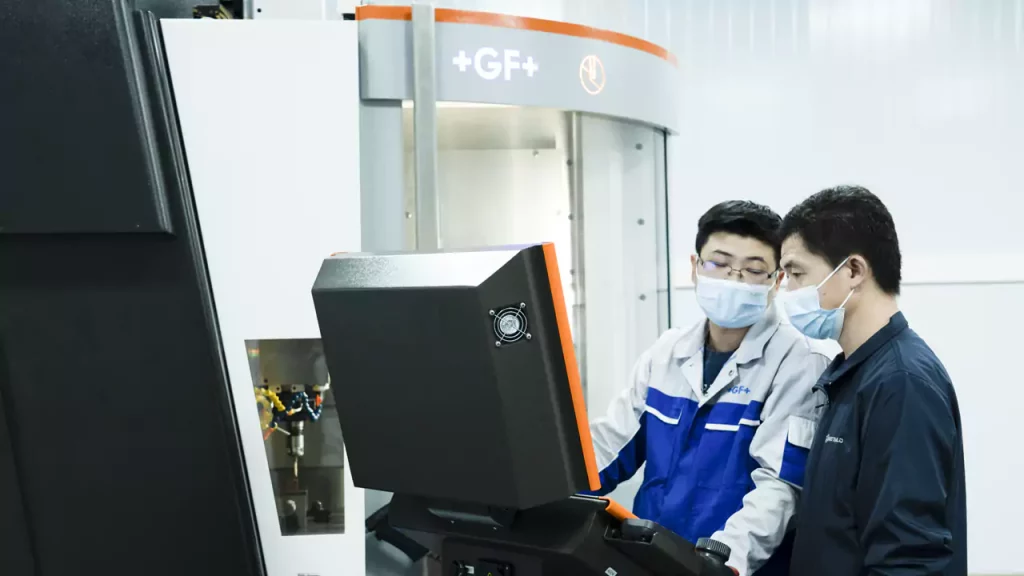
So, without further ado, let’s get into the specifics!
La diferencia:
The primary difference between both types of machinery is that: Precision CNC machining is used for very accurate items, which can be done using a high-precision CNC machine or by hand, whereas CNC machining is more general purpose and operates automatically.
Continue reading for an overview of both these manufacturing machinery and their usage.
CNC Machining:
It is a manufacturing method in which computers run programs that control how machines create items. These CNC Programs may control everything from the machine’s actions to spindle speed, turning coolant on or off, and much more. A standardized programming language called “G-Code” is used to program CNC machines. G-code is rarely written by hand to make things easier. Instead, CAM Software visual programming tools are employed to generate the g-code. CAM is an abbreviation for Computer Aided Manufacturing.
CNC machining of parts is frequently used when high precision or quality is required or when the materials are difficult to deal with.
3D Printers, CNC Mills, CNC Lathes, CNC Lasers, Water Jets, Electronic Discharge Machines (EDMs), CNC Routers, and other CNC machines are available.
Features of CNC Machining:
- CNC machine tools use paper tape or keyboard input to control automatic processing. Changing one or more objects requires swapping the tool and solving the blank. In addition to clamping, new components can be automatically processed without costly machine tool adjustments by reprogramming the processing software and paper tape. This saves unique tools, prototypes, and regular prototypes and reduces production preparation time. CNC machining benefits frequent aerospace product modification and short trial production cycle requirements.
- Except for the second-hand L clamping blank, all CNC machine tool machining procedures are automatic, reducing operator labor and improving working conditions.
- CNC machining is efficient. CNC machine tools are highly automated. Scribing numerous clamping and positioning, inspection, and other steps are eliminated during processing.
- CNC machining precision is between 0.CC5 and 0.1 mm regardless of part shape complexity. Processing reduces operator variation, enhances batch consistency, and maintains product quality. This boosts production, assembly quality, and efficiency and reduces part scrap.
- CNC machine tools can easily connect to computer-aided design systems, creating an integrated system that integrates design and manufacturing.
Mecanizado de precisión:
Precision CNC Machining is a manufacturing method that employs machines to create items with precise tolerances. Skilled operators operate the machines, which are utilized for detailed work on metal or plastic parts. Precision CNC machining typically entails many operations that can be completed in batches or individually, depending on the customer’s needs. This is possible with lathes, mills, drills, saws, and other machines.
Features of Precision Manufacturing:
The process of mecanizado de precisión needs precision, accuracy, and consistency at every stage of the work. Having these components in place is essential to preserve the product’s quality once it has been manufactured. To carry out precise CNC machining, the following five considerations are obligatory:
- Velocidad: You need a certain amount of speed to manufacture a vast volume of parts at once without sacrificing the quality or accuracy of the work.
- Accuracy: To keep your accuracy consistent, you will need a machine capable of making exact cuts with a minimum quantity of scrap material thrown away.
- Consistency: To ensure that each component has the same level of quality and finish, the process must be as consistent as is humanly possible. Due to this change, assemblers will find it much simpler to put the components together.
- Complejidad: It is a factor that decides how many operations are required to complete a part, as well as whether or not any specialized operations, such as drilling, milling, turning, or grinding, are necessary.
- Durabilidad: A sufficient level of long-term durability is required of the apparatus.
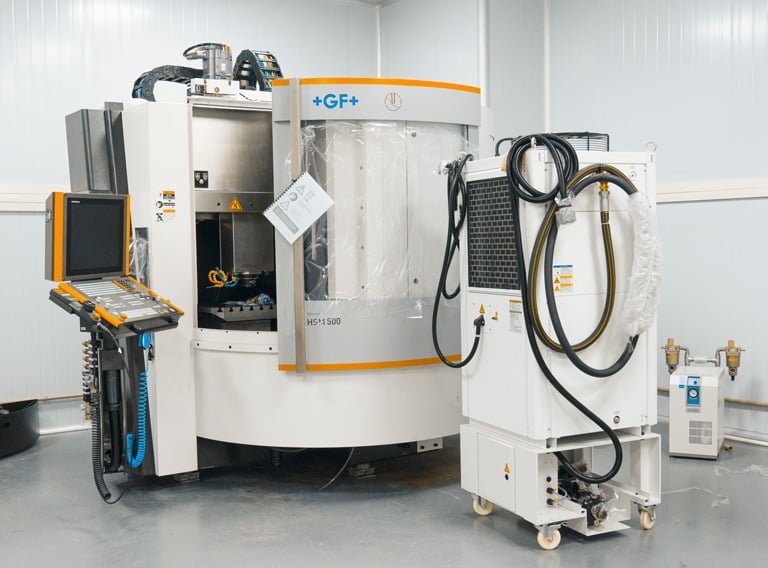
Benefits Obtained Through Precision Machining
As time goes on, more and more people want smaller precision parts crafted from high-performance plastic materials. For your company to keep up with the demands placed on it, it is essential to stay current or even get ahead of the curve.
Here are seven benefits that come from utilizing precision CNC machining.
- Less Material Waste:
Because the fundamental idea behind precision CNC machining is subtraction, there is a massive potential for material waste on a single product from the initial phase to the final phase of the production process. Machining with a high degree of precision using a CNC helps reduce the amount of material wasted due to operator error.
- Low Error:
Once the correct specifications have been keyed in at a precision CNC shop, the automated mecanizado de precisión process can take over and do its work. Compared to more conventional machining methods, the likelihood of making a mistake is extremely low.
- Quality of the Manufactured Products:
Precision machining uses a multi-stage quality control procedure, which ultimately results in a consistent output from one iteration to the next. Maintaining the highest standard of quality throughout production.
- Time Reduced Spent in Turnaround:
A company that employs the usage of precise CNC machining is knowledgeable in the field of work and has the infrastructure necessary to do the task in the most time and labor-saving manner feasible.
- Better Organizational Flow:
When considering how to manage opportunity costs, engineers must spend time and skills developing products rather than making design changes based on circumstantial considerations. Feedback on the design for machinability is something that you can expect from a firm like Prototool, which provides mecanizado de precisión services. In addition to that, we will offer material recommendations based on our expertise, which will help save both time and money overall.
- Testing of Prototypes Is Made Easier:
As opposed to being more of a concept or design prototype, precision CNC machining makes it possible for prototypes to contain functional elements. Unlike concepts alone, functional prototypes inspire greater trust in investors and other stakeholders.
- Shorter and More Frequent Production Cycles:
You have a competitive advantage against facilities still employing older methods if you can bring your product to market in a more suitable manner. You are also likely to be more adaptable to changes brought about by industry rules or the requirements of individual customers.
Industries That Require Manufactured Products:
Ø Aerospace & Defense
Manufacturing specialists in the aerospace and military industries produce high-quality, precise components from materials including Teflon, Nylon, PEEK, Ultem, Torlon, Vespel, Aluminum, and Steel for businesses in these sectors. Engineers can use these parts to create aircraft that perform well and safely in the air.
Ø Medical & Life Science
Materials like PEEK LSG, Tecson MT, Radel, and Stainless Steel are commonly used to produce machinery for the medical and life sciences sector. Components for medical trays, sterilization caddies, and surgical instruments can be fabricated with these materials.
Ø Power & Energy
To produce their parts, plastic component manufacturers use a wide range of materials, including Teflon®, Phenolic, G10, Torlon, PEEK, and Vespel, all of which are causing a revolution in the power and energy industries. These materials improve the quietness of these components and provide superior insulation over metal.
Ø Fluid Control
Companies working with this industry manufacture various components out of materials like PEEK, PVDF, UHMW, Delrin, and Ertalyte, which are used in a wide variety of flow control, filtration, and water quality products.
Ø Oil & Gas:
High-performance plastics such as Torlon and Vespel are used in producing oil and gas sector components as small as plugs, cable sheaves, and flow control nozzles, but with a significant cumulative effect.
Ø Hydraulics & Pneumatics
In this industry, precision and close tolerances are essential for the reliable operation of hydraulic and pneumatic systems. As a result, manufacturers in this sector only depend on mecanizado de precisión services to produce seals, bushings, flanges, seats, and other close-tolerance components to exacting standards. Manufacturers frequently work with Teflon, PEEK, Vespel, Bronze Filled PFTE, Nylon, UHMW, and other materials.
Industries, including agriculture, automotive, education, entertainment, and hospitality, also demand manufactured parts from professional service providers like Prototool.
Conclusión:
While several industries demand manufacturing services for the machines and products they supply to the consumer, the type of machining depends on their production, quality, and turnover demands.
Having said that, where most industries prefer mecanizado de precisión solutions for their products/components, various industries and suppliers still opt for general CNC machining solutions. So you can make a better decision by considering the product’s tolerance and precision demands.

